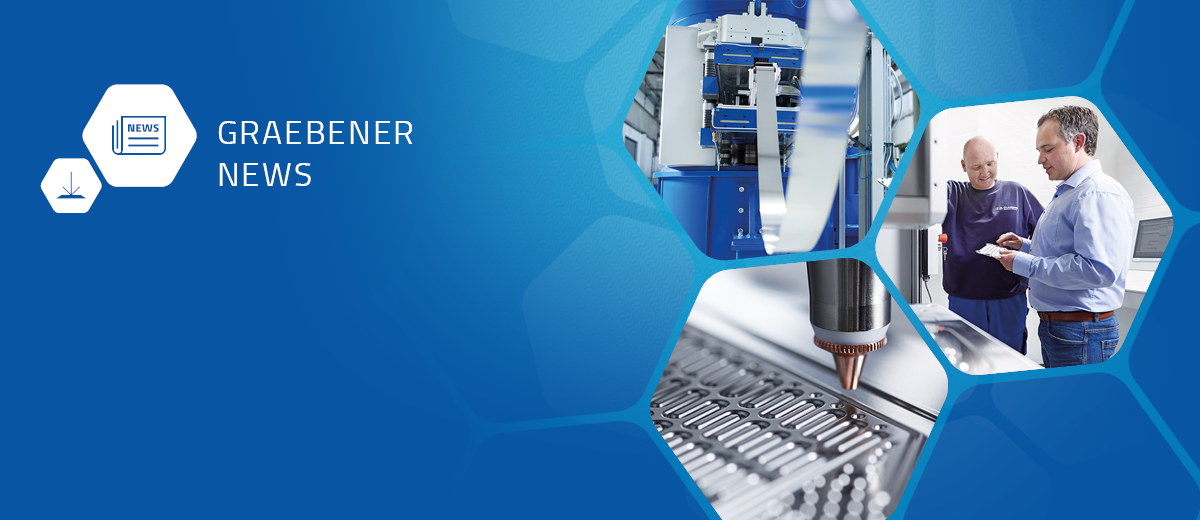The current chip shortage in the automotive industry clearly shows the negative consequences when global supply chains for core components fail or the required quantities are not available. Having our own suppliers nearby is a strategic advantage especially when it comes to economically significant future projects such as the environmentally friendly hydrogen technology.
With its "National Hydrogen Strategy", the German government has laid the foundations for assuming a global leadership role in climate-protecting energy generation. This also includes ensuring innovative and reliable production and supply chains for the core components.
The machine building company Graebener® Bipolar Plate Technologies offers concrete solution. Graebener® develops and manufactures production lines for the manufacturing of bipolar plates - the heart of fuel cells. "In the Asian region, especially in Japan, South Korea and China, the development is much more dynamic. If we want a place among the leaders, we must significantly shorten the time from development to series production now," explains Fabian Kapp, Managing Director of Graebener®.
For customers to enter the market for bipolar plates safely and successfully, Graebener® has set up the so-called application laboratory. It reflects the manufacturing processes and production line under real conditions, i.e. from forming to cutting to welding, all machines for testing and optimizing prototypes of bipolar plates for suitability for series production are available.
Fabian Kapp: "With our application laboratory, we create investment and production security in advance and then accompany the customer with flexible, scalable solutions for the implementation of complete production lines for bipolar plates."
